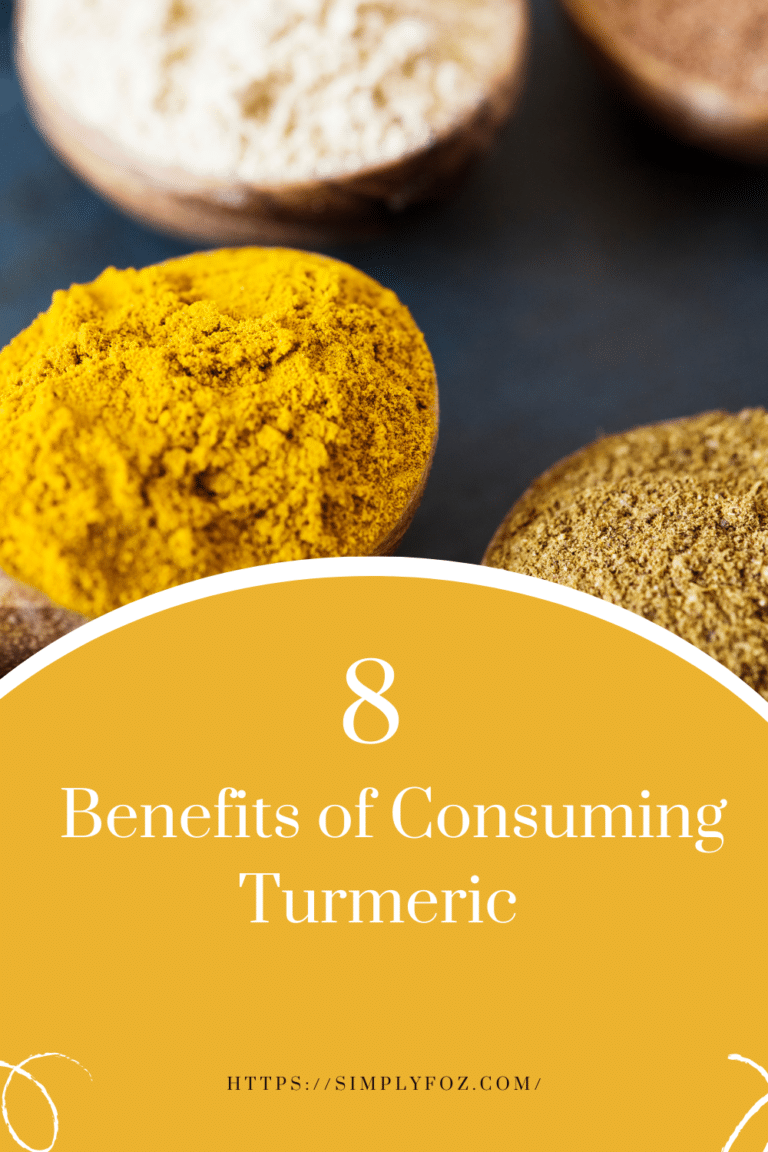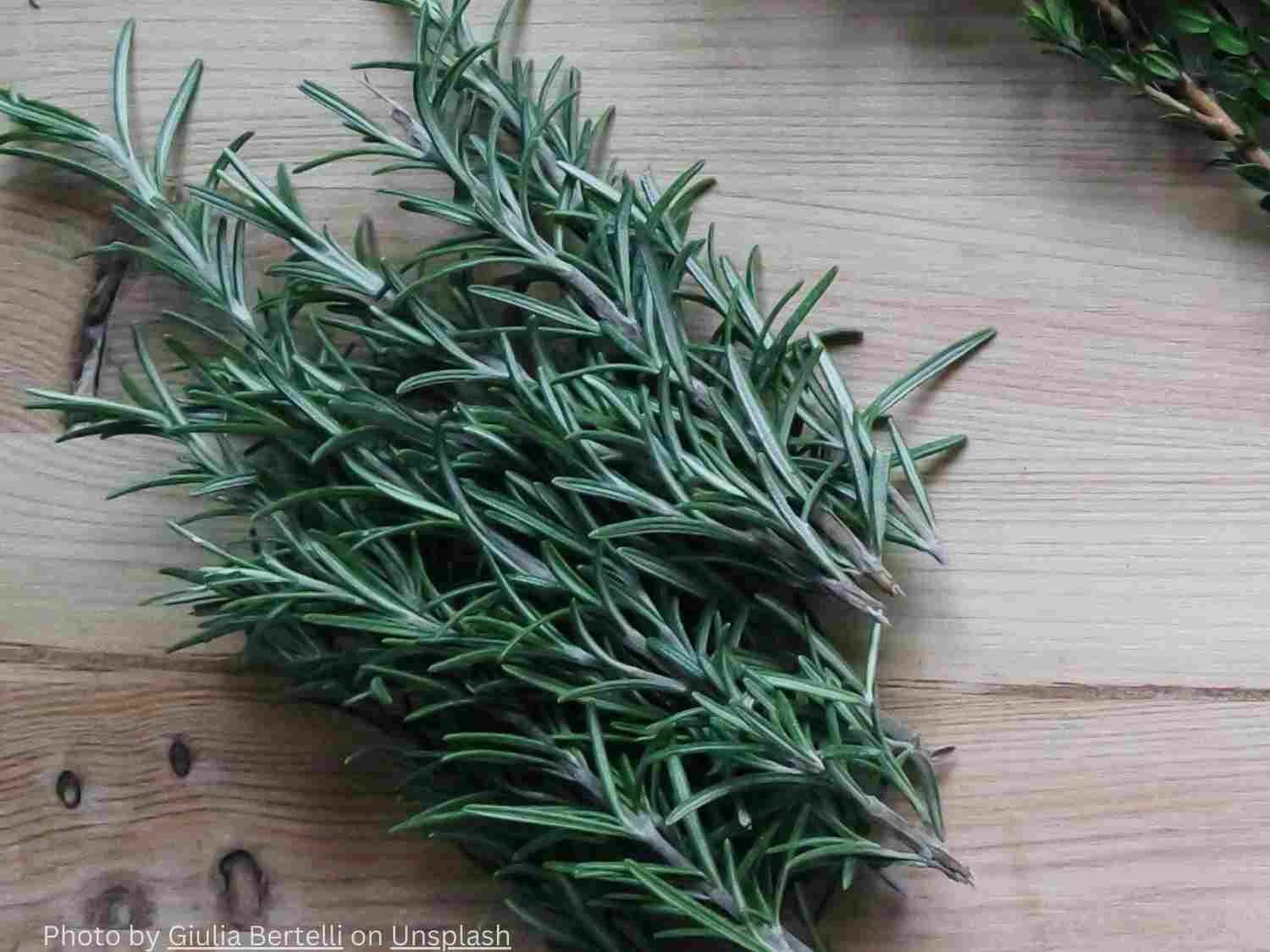

الصفحة الرئيسية » Health » The Benefits of Consuming Turmeric
Table of Contents
The Golden Yellow Spice
Turmeric, a golden-yellow spice that has been used for centuries in traditional medicine, is more than just a flavorful addition to your meals. In recent years, this vibrant root has gained worldwide attention for its impressive array of health benefits, backed by scientific research. Whether you’re interested in boosting your immune system, reducing inflammation, or improving brain function, turmeric offers an abundance of advantages that make it a true superfood. In this blog post, we’ll explore the myriad benefits of turmeric and why it deserves a spot in your daily routine.
1. Powerful Anti-Inflammatory Properties
Turmeric is well-known for its ability to alleviate inflammation in the body. Inflammation is a natural response to injury or infection, but chronic inflammation can lead to a host of health problems, including heart disease, arthritis, and even cancer. T Turmeric includes curcumin, a bioactive molecule that has significant anti-inflammatory properties.
In fact, curcumin has been shown to be as effective as some anti-inflammatory drugs, without the negative side effects. Chronic inflammation is a silent killer that contributes to many common diseases. Regular consumption of turmeric can help mitigate these effects by reducing inflammation at the molecular level. This is particularly beneficial for those suffering from inflammatory conditions such as rheumatoid arthritis and inflammatory bowel disease.
2. Rich in Antioxidants
Turmeric is also a powerful antioxidant, which helps to neutralize free radicals in the body. Free radicals are unstable molecules that can cause oxidative damage to cells, leading to aging and various diseases. The antioxidants in turmeric not only help protect cells from damage but also enhance the body’s own antioxidant enzymes, creating a double layer of protection. This antioxidant power is essential for overall health, as oxidative stress is a major contributor to many chronic diseases, including cardiovascular disease, Alzheimer’s, and cancer. By incorporating turmeric into your diet, you’re giving your body an extra boost in its fight against harmful free radicals.
3. Boosts Brain Function
Turmeric is not just good for the body; it’s also great for the brain. Curcumin, the main ingredient in turmeric, has been shown to enhance levels of brain-derived neurotrophic factor. BDNF is a type of growth hormone that functions in the brain, and higher levels of BDNF are associated with improved cognitive function and a lower risk of degenerative brain diseases. Research suggests that curcumin may help delay or even reverse brain degeneration that occurs with aging and conditions like Alzheimer’s disease. Additionally, some studies indicate that turmeric can enhance memory and reduce the symptoms of depression, making it a promising natural remedy for mental health issues.
4. Supports Heart Health
Heart disease remains the leading cause of death worldwide, but turmeric may offer a natural way to protect your heart. The curcumin in turmeric has been shown to improve the function of the endothelium, which is the lining of the blood vessels. Endothelial dysfunction is a major driver of heart disease, as it impairs the ability of the blood vessels to regulate blood pressure and clotting. In addition to improving endothelial function, turmeric also reduces inflammation and oxidation, both of which play significant roles in heart disease. Regular consumption of turmeric can help lower the risk of developing cardiovascular conditions by keeping your arteries healthy and reducing the risk of blood clots.
5. A Natural Pain Reliever
Turmeric has long been used as a natural remedy for pain relief, particularly in traditional Indian and Chinese medicine. The anti-inflammatory properties of curcumin make it effective for reducing pain, especially in conditions such as arthritis. Studies have shown that turmeric can be as effective as ibuprofen in relieving pain from osteoarthritis, without the potential side effects of conventional painkillers. For those who suffer from chronic pain conditions, turmeric offers a natural alternative that can be incorporated into your daily routine without the risks associated with long-term use of pharmaceutical pain relievers.

Read this blog: The Health Benefits of Eating Tahini and The Risks
6. Enhances Digestive Health
Turmeric has been used for centuries as a digestive aid, and modern research supports its benefits for the gastrointestinal system. The anti-inflammatory and antioxidant properties of curcumin help to reduce symptoms of digestive disorders such as irritable bowel syndrome (IBS), Crohn’s disease, and ulcerative colitis.
Additionally, turmeric stimulates bile production, which aids in the digestion of fats and can prevent bloating and indigestion. Incorporating turmeric into your diet can promote a healthy gut, which is essential for overall well-being. A healthy digestive system supports the immune system, helps with nutrient absorption, and contributes to mental health, making turmeric a valuable addition to a balanced diet.
7. Supports Immune System
A strong immune system is crucial for fighting off infections and maintaining good health. Turmeric has immunomodulatory effects, meaning it can help regulate and strengthen the immune system. Curcumin enhances the body’s response to pathogens by activating various immune cells, including T cells, B cells, and macrophages. Additionally, the antioxidant properties of turmeric protect immune cells from damage caused by oxidative stress, further supporting the body’s ability to fend off illness. By adding turmeric to your diet, you can give your immune system the support it needs to function optimally.
8. Promotes Skin Health
Turmeric isn’t just good for your internal health; it can also work wonders for your skin. The anti-inflammatory and antioxidant properties of turmeric make it effective in treating a variety of skin conditions, including acne, eczema, and psoriasis. Turmeric can help reduce redness, swelling, and irritation, making it a popular ingredient in skincare products and homemade face masks. Additionally, turmeric’s ability to neutralize free radicals can slow down the aging process by preventing wrinkles and dark spots. Whether applied topically or consumed in food, turmeric can help you achieve healthy, glowing skin.
How to Add Turmeric to Your Daily Routine
With all these incredible benefits, you may be wondering how to incorporate turmeric into your daily routine. Fortunately, turmeric is a versatile spice that can be used in a variety of ways. Here are a few ideas:
Golden Milk: A warm, comforting drink made with turmeric, milk (or plant-based milk), and a touch of honey or maple syrup. This calming beverage is ideal for unwinding in the evening.
Turmeric Tea: Brew a cup of turmeric tea by simmering fresh or powdered turmeric in water, along with ginger and lemon for added flavor and health benefits.
Smoothies: For an antioxidant boost, add 1 teaspoon of turmeric to your breakfast smoothie.
Curries: Turmeric is a staple in many Indian and Southeast Asian dishes, so try incorporating it into your favorite curry recipes.
Supplements: If you find it challenging to include turmeric in your meals, consider taking a curcumin supplement. Just be sure to choose a high-quality product with added black pepper (piperine) to enhance absorption.
Conclusion
Turmeric is a powerful, natural remedy with a wide range of health benefits. From reducing inflammation and boosting brain function to supporting heart health and enhancing digestion, this golden spice has earned its reputation as a superfood. Whether you use it in cooking, drink it as tea, or take it as a supplement, adding turmeric to your daily routine is a simple way to improve your overall health and well-being.


